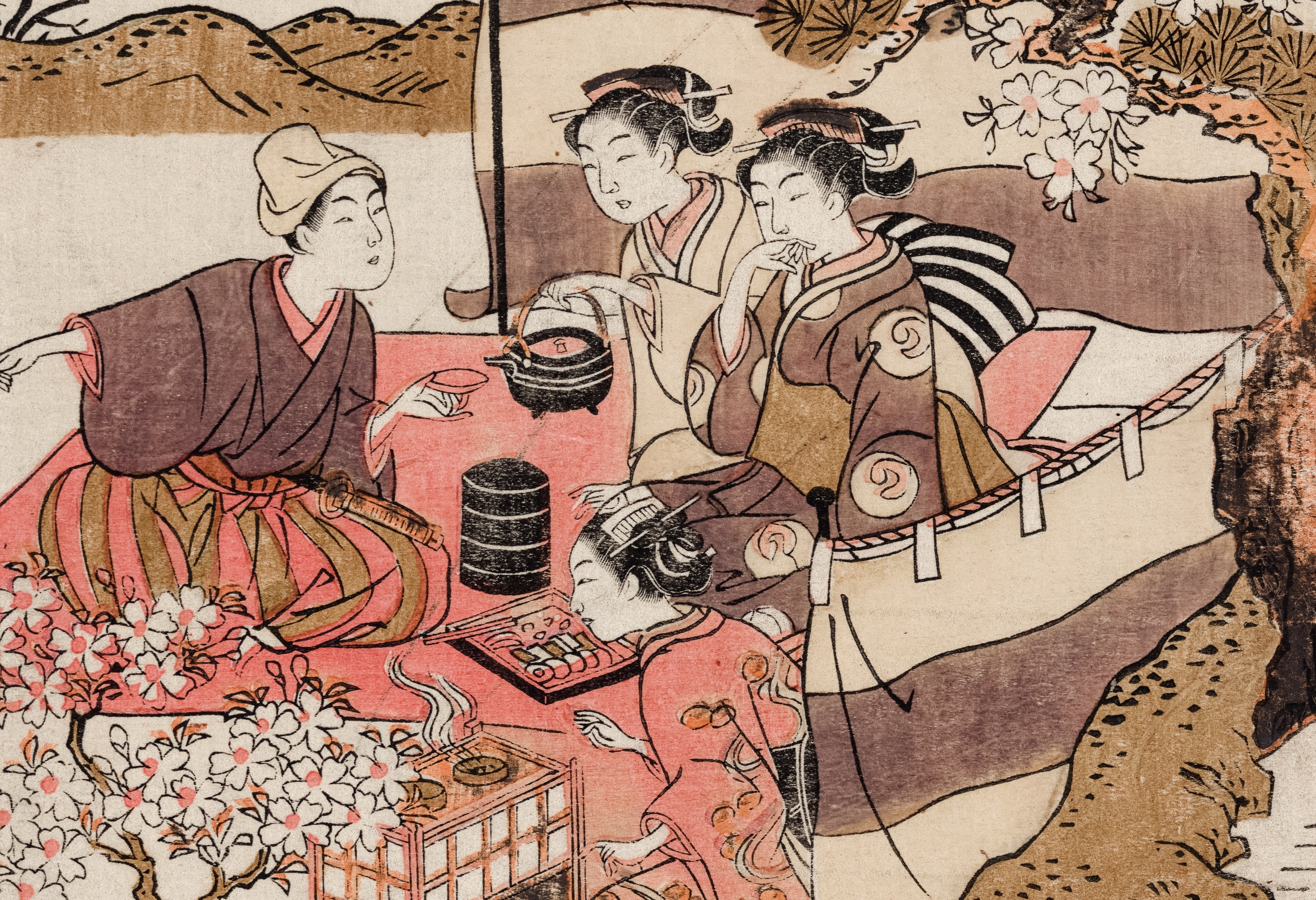If you were to view all of humanity’s past through various historical biographies and records, you would think that women did not exist until recent times, or at least not in any significant way. But this inference would not be true. Women have been wiped from history. Many historians and academics have spent years studying this phenomenon and have come to many conclusions, some as basic as sexism and others more complicated, like social hierarchy. Regardless of the cause, the problem is real and needs to be resolved. By introducing society to women in history, we can show that having women in positions of leadership and power is not unreasonable or radical but rather essential and normal.
Around 5,000 BCE, women’s social position began to decline, according to Dr. Bettany Hughes, an English historian, in an interview with English Heritage. She explained that this time period is when civilizations became more militarized, implemented stricter class structures and shifted power to whoever had the most “muscle”. This was also the era when famous epics such as The Odyssey and The Epic of Gilgamesh were composed, and writing, a new way of recording history, rose in popularity. Since humans often followed the status quo, this new patriarchal society became the norm, and women lost all power to record what they were doing in history.
Of course, some women in history have been thoroughly recorded, such as the Pharaoh Cleopatra or Hua Mulan. However, these figures, and many more, have been over-sexualized, villainized, or simplified to the point where their story gives nothing besides an exciting tale. For example, Cleopatra was a very intelligent poet and philosopher, but she certainly did not meet today’s or ancient Egypt’s beauty standards with her large nose, sharp chin, and thin lips. Yet in many modern paintings and sculptures, we see Cleopatra depicted as a beautiful maiden bathing in milk, madly in love with Antony in a love story as dramatic as Romeo and Juliet. The story of Hua Mulan has also been so romanticized that it’s hard to tell if she was even a real person. The beloved character from Disney’s Mulan (1998) is entertaining but not factual. The girl Mulan was based on is Hua Mulan from the poem Ballad of Mulan. Historians are still unsure if Hua Mulan was a real girl, but the legend is certainly legitimate. In the tale, Mulan left her family with their blessing and had been training to fight in the war for 12 years. Fantastical characters like talking dragons or shirtless generals render the story a mere fairytale, leaving no real message behind. These women’s stories, among others, are fun but do not actually serve the purpose of educating young girls that they, too, can have power and leadership among men.
 Photo by Library of Congress on Unsplash
Photo by Library of Congress on Unsplash
Many women broke through the barriers of stereotypes and patriarchal standards, yet they are rarely mentioned in history. For instance, Andrée de Jongh, or “The Postman”, was a young Belgian woman who organized and led the Comet line, an escape route meant to help young soldiers escape from the Nazis into Spain. In total, de Jongh rescued 118 soldiers until her eventual capture. Even when captured, German soldiers refused to believe a woman could achieve such an impressive feat, so she was spared from execution and lived until the age of 90. In a double-edged irony, sexism was both the reason for de Jongh’s survival and her lack of a historical legacy. Another girl whose power and legacy were demolished due to sexism is Razia Sultana, the Sultan of Delhi. During the Delhi Sultanate in Northern India, Sultan Iltutmish nominated his daughter Razia as sultan instead of his sons, believing them irresponsible. Razia was said to be intelligent, fair, and far ahead of her time. During her short reign, Razia managed to get the entire army on her side despite being a woman. It is said that Razia would even go as far as to promote slaves to high roles in her court, valuing knowledge over social standing. However, in a predictable but disheartening ending, Razia was kidnapped and later killed in a coup committed by Turkish nobles. Stories like de Jongh’s and Razia’s are essential to young girls who, through unrepresentative historical examples, have come to believe that men are the ones who do the risky and great things.
Naturally, if we are to tell the stories of the admirable heroic women, we must also tell those of the more villainous. In the early 19th century, the female Chinese pirate Ching Shih rose from a brothel to control the Red Flag Fleet and terrorize China for years. Shih was known to be ruthless and would pillage as many towns as she wished. Despite being a woman, her crew was known to be obedient because her punishment for breaking her code was typically death. Another woman of less heroic deeds is Countess Elizabeth Báthory from the 14th century. Báthory was said to be made of nightmares and is one of the most legendary serial killers in history, with an estimated 600 victims, almost all of them young girls. Báthory was a monster who deserves no praise, but she can not be just erased from history. To dismantle the stereotypes facing both men and women, people like Báthory need to be discussed and known.
In order to continue educating young girls on the power they can have, women must be written into history. It is up to historians to find these stories and popularize them, but there is only so much they can do with the little material that’s been recorded. It is important to remember that the life we are living now will one day be just another part of history, and it will be another historian’s job to piece together our civilization. When that time comes, there must be records of our influential women for those young girls to learn from. Malala Yousafzai’s fight for women’s education, Ruth Bader Ginsburg’s advocacy for equality, and Greta Thunberg’s battle against climate change are the stories that could be wiped from history. Regardless of what our culture tries to tell us, women have been and will be a part of history forever, and it is time to acknowledge that for the better of our society.
Cover photo by Museums Victoria on Unsplash.



